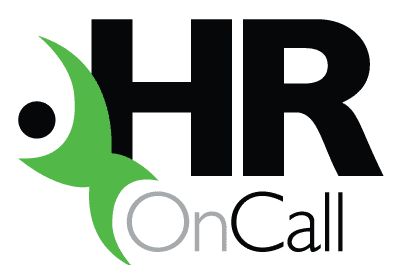In fast-moving med tech, life sciences, and start-up environments, getting the people side right is often the difference between hitting milestones or stalling progress. With lean teams, investor pressure, and the urgent need to commercialise innovations, recruitment decisions are rarely just about “filling a gap” they shape the company’s trajectory.
Yet one of the most common pitfalls I see is when organisations sell the dream during recruitment but fail to align expectations with reality once the employee starts.
Overpromising the Dream
It’s easy to oversell. Founders and hiring managers are passionate, and rightly so. They want candidates to see the big vision: world-first technology, life-changing impact, the buzz of a start-up culture.
But here’s the catch: if the day-to-day reality doesn’t match what was promised, new hires quickly feel misled. For example:
-
The role was pitched as strategic, but most of the work turns out to be hands-on, tactical, or compliance-heavy.
-
Candidates were promised cutting-edge innovation, but find themselves bogged down in paperwork or funding delays.
-
“Flexible, dynamic” culture was promised, but the reality is long hours, shifting priorities, and a founder still learning how to delegate.
This mismatch between dream and reality drives disengagement and high turnover — both costly and disruptive in a small team
Founders are usually Technical Experts
Another layer to this challenge is leadership. In many of these organisations, the founders are brilliant scientists, engineers, or innovators, but not necessarily trained people managers.
That often means:
-
Unclear communication about priorities and expectations.
-
Minimal feedback on performance or growth opportunities.
-
Employee disengagement, because people don’t feel heard or supported.
Without strong leadership capability, even the most talented recruits can become frustrated and leave.
The Culture Swing: Family-Like or Chaotic
Small businesses and start-ups often describe their culture as “like a family.” While this can create closeness and camaraderie, it can also blur boundaries, where feedback is avoided, underperformance is tolerated, or work-life balance gets lost.
On the flip side, some teams swing into “chaotic start-up” mode, moving so fast that structure and clarity are sacrificed. Neither extreme is sustainable. Employees need clarity, consistency, and boundaries to thrive.
Hiring a Generalist When a Specialist is Needed
Another common mistake is recruiting someone with broad “generalist” skills when the organisation actually needs a technical or niche specialist.
For example:
-
Hiring a general operations manager when what’s really needed is a regulatory affairs expert.
-
Bringing in a “jack of all trades” scientist when the project requires someone with deep clinical trial experience.
-
Expecting a single person to cover HR, finance, and compliance when each area is a specialist field.
Generalists can be invaluable in small, early-stage teams, but they aren’t always the right answer. Hiring a generalist where a specialist is required often results in stalled projects, rework, and frustrated employees who feel set up to fail.
Employees Bring Their Own Expectations
A final challenge is that employees join with their own experiences and assumptions about professionalism, pace, or ways of working. If these aren’t aligned with the company’s expectations early on, it leads to misunderstandings and tension.
For instance, someone from a large pharma company may expect structured processes, while a start-up operates with little more than “build as we go.” Without clear conversations upfront, both sides can quickly feel frustrated
Getting It Right: Aligning Dreams with Reality
The key is balance. Yes, share your vision, people join start-ups because they want to be part of something exciting. But ground that vision with clarity about the role and environment:
-
Be clear about the role scope: Spell out the strategic vs. hands-on balance.
-
Set cultural expectations: Don’t just say “fast-paced” explain what that looks like day to day.
-
Be honest about leadership style: If founders are still developing their people-management skills, acknowledge that.
-
Define whether you need a generalist or specialist: Be precise about the expertise essential for immediate success.
-
Onboard with clarity: Align on expectations of professionalism, communication, and work style from day one.
Final Thought
Hiring in med tech, life sciences, and start-ups isn’t just about filling seats, it’s about shaping the DNA of the company. When you’re upfront about both the vision and the reality, when leaders develop the skills to manage people well, and when you match the right level of expertise to the role, you set your people, and your business up for success.
Because at the end of the day, people don’t leave jobs; they leave unmet expectations.



